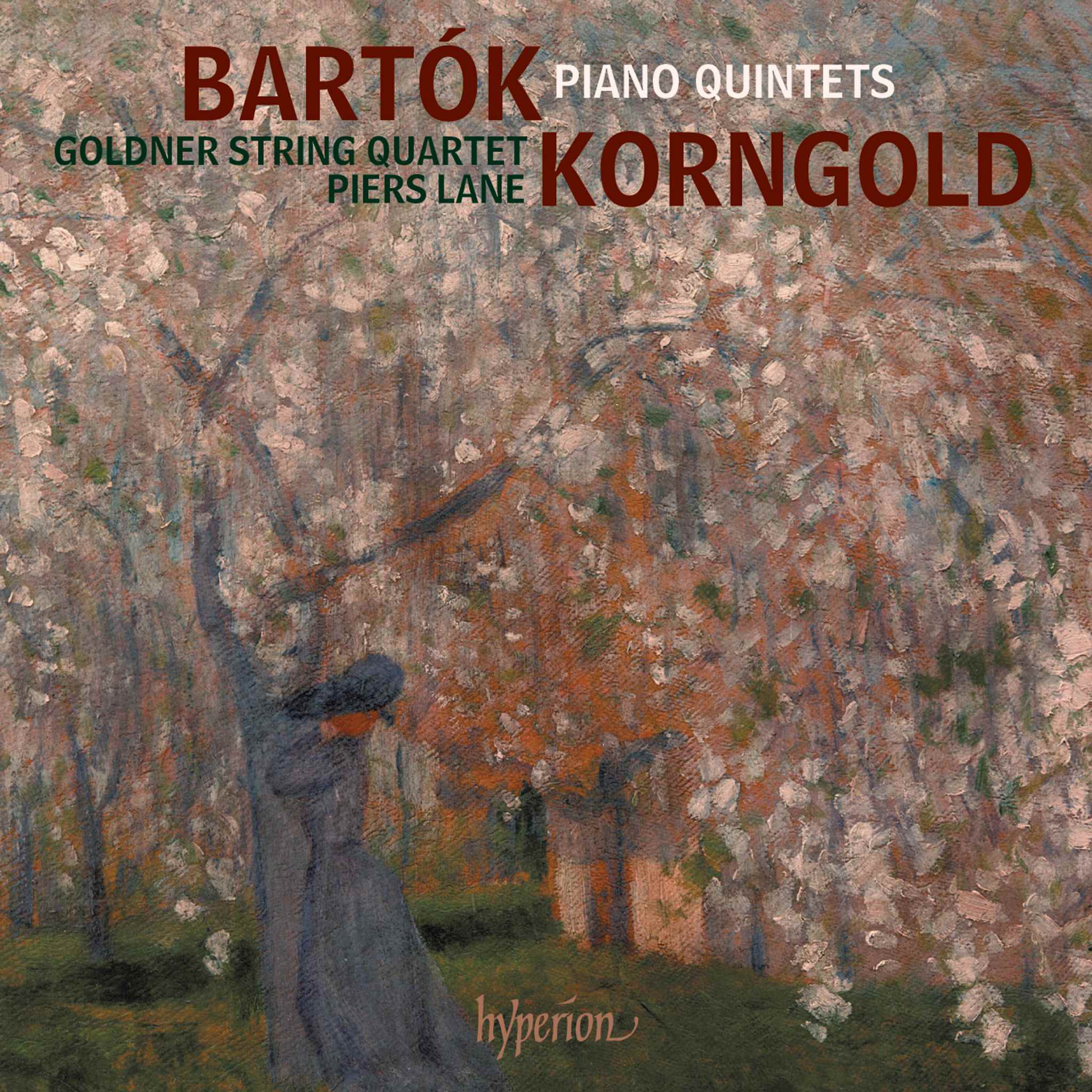Building the World of Tomorrow Im Jahr 1938 beauftragte der British Council Arthur Bliss, Ralph Vaughan Williams und Arnold Bax damit, neue Werke für die Weltausstellung 1939 in New York zu komponieren. Bliss wählte ein Klavierkonzert, das für den britischen Pianisten Solomon bestimmt war. Das Motto der Ausstellung „Building the World of Tomorrow“ stand für die Vision eines technikorientierten Zeitalters. Ziel der britischen Beteiligung war es, die anglo-amerikanische Zusammenarbeit zu fördern, das Image Großbritanniens im Ausland zu modernisieren und den amerikanischen Geschmack an britischer Tradition und Geschichte zu bedienen. Der britische Beitrag sollte die Verbindung zwischen Vergangenheit und Zukunft symbolisieren.
Bliss war für seine Vorliebe bekannt, für besondere Anlässe und Interpreten zu schreiben. Bereits damals fühlte er sich den USA persönlich verbunden. Sein Konzert in B-Dur widmete er dem amerikanischen Volk. Die Uraufführung fand am 10. Juni 1939 in der Carnegie Hall statt und erwies sich als großer Erfolg. Das Werk vereinte amerikanische Zuversicht, romantische Elemente und britischen Realismus zu einer eigenständigen Tonsprache. Bliss griff Motive des technischen Fortschritts auf, spiegelte aber auch die düsteren Seiten wider, geprägt von seinen Kriegserlebnissen. Dennoch war das Konzert von Virtuosität und Energie durchdrungen, was das Publikum begeisterte.
Edmund Rubbra komponierte 1955 sein Klavierkonzert für die BBC. Dieses zeichnete sich durch einen pastoralen und kontemplativen Charakter aus. Rubbra ließ sich von persönlichen Eindrücken inspirieren und legte Wert auf das Wechselspiel zwischen Klavier und Orchester. Seine tiefe Liebe zur Natur prägte das Konzert, das dem Sarod-Meister Ali Akbar Khan gewidmet war, den Rubbra in London kennengelernt hatte und der ihn nachhaltig beeindruckte.
Rubbras Werk vereinte westliche und östliche Musiktraditionen und zeigte seine Fähigkeit, unterschiedliche Einflüsse harmonisch zu verbinden. Seine botanische Leidenschaft und spirituelle Tiefe fanden darin Ausdruck. Der Dialog zwischen Solist und Orchester wurde zur musikalisch-philosophischen Erörterung, die das Publikum in eine leidenschaftliche Welt entführte. Das Finale präsentierte sich als heiterer Tanz, der die musikalischen Ideen vereinte und in einer feinen Coda endete.
Die enge Freundschaft und der gegenseitige Respekt zwischen Rubbra und Bliss spiegelten sich in ihrer künstlerischen Beziehung. Ihre Innovationskraft und musikalische Ausdrucksstärke sorgten dafür, dass ihre Kompositionen noch lange nach ihrem Tod geschätzt wurden.











